If you are new to cryptocurrency casinos, your first step before switching from fiat currency is to choose which cryptocurrency you want to play with. The next important step is to find a crypto wallet. The team at Casinoplusbonus has put together this guide to give you some tips.
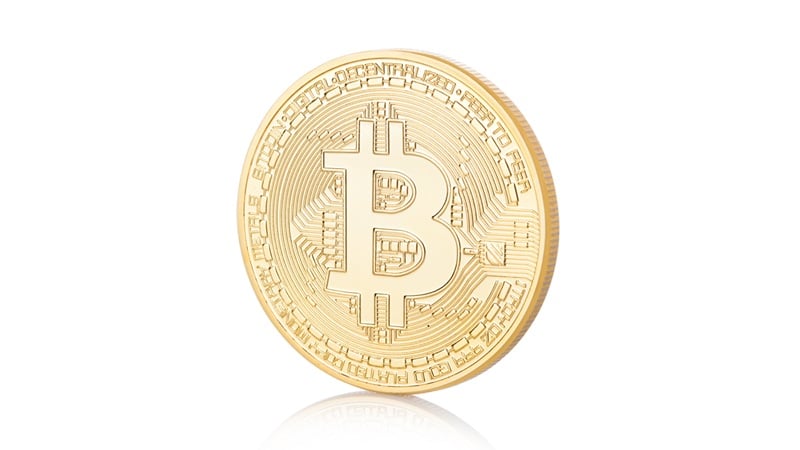
Table of Contents
If at any point in this guide you are confused with terminology, skip to the FAQ section where we have listed most new crypto terms you may come across while reading.
Choosing Your Cryptocurrency
Today’s crypto casinos tend to offer a wide array of cryptocurrencies. Bitcoin has long been the most popular, but now lower market cap coins are also popular. Ethereum (ETH) has long had the second-highest market cap. However, the popularity of crypto or its market cap should not be your defining factor when choosing which crypto to play with.
Here are some points to consider:
- Network or Gas Fees: What percentage of each transaction will the crypto ecosystem charge for deposits and withdrawals?
- How Fast Are Transaction Times: How long will it take deposits to arrive in my crypto casino balance?
If you have not choose a crypto currency yet, take a look at our Casinoplusbonus guide to the Fastest Cryptocurrencies for Casinos Deposits. You can then return to this guide to decide the type of wallet you would like to use.
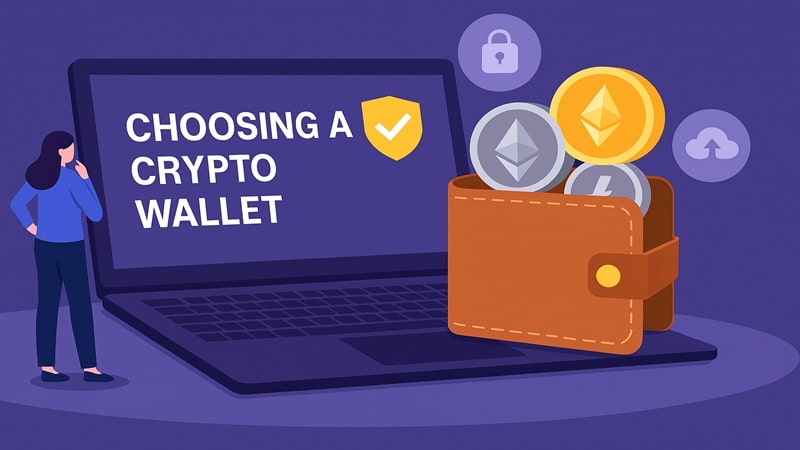
Choosing a Crypto Wallet
Once you have chosen a cryptocurrency, the next step is to find a wallet that supports your crypto. The decision you make should not be taken lightly if you plan to store large sums of crypto in your chosen wallet.
First, we’ll introduce you to various crypto wallet options, which are a mix of hot and cold wallets as well as custodial and non-custodial options. After, we will explain the differences between custodial and non-custodial wallets.
Does it sound too technical already? Don’t worry, as although these technical terms might be new to you, we will explain each one in detail. You can also check the FAQ section to get up to speed.
Custodial Wallets (Hot Wallets) – Best for Beginners
If you are new to cryptocurrency, then the best place to start is to sign up for a custodial wallet. It is a little like signing up for an e-wallet. Once you have an account, for each crypto the wallet supports, you will have a QR code to scan for deposits and a wallet address.
The process is simple:
- Supply your email, name, and address
- Create a password
- Setup 2-factor authentication if you want to secure your wallet
Once you have signed up, your account is ready for crypto. At this point, you will likely need to undergo a Know Your Customer check, which is simply a case of providing a government-issued ID with a photo and proof of address, which generally only applies to wallets operating under a financial authority.
| Custodial Wallets | Features |
|---|---|
| MoonPay | Fiat on-ramp, 2FA, customer support, mobile app, crypto purchasing, commonly integrated with casinos, fiat-to-crypto and crypto-to-fiat in some regions |
| Binance | Fiat on-ramp, 2FA, customer support, mobile app, trading, exchange services, fiat-to-crypto and crypto-to-fiat |
| Kraken | Fiat on-ramp, 2FA, customer support, mobile app, trading, exchange services, fiat-to-crypto and crypto-to-fiat |
| CoinCorner | Bitcoin Only, Fiat on-ramp, 2FA, customer support, mobile app, buying, selling, fiat-to-BTC and BTC-to-fiat |
| Crypto.com (Custodial wallet option) | Fiat on-ramp, 2FA, customer support, mobile app, trading, exchange services |
Pros and Cons of Custodial Wallets
| Pros |
|---|
| You do not need a private key |
| The wallet will store your private key for you |
| There is no need to remember a secret phrase |
| Most custodial wallets allow you to store multiple cryptos |
| Some wallets will offer card-to-crypto purchasing |
| Cons |
|---|
| If the company holding your crypto goes into insolvency, you could lose your balance |
| Some wallets have been hacked and do not return hacked funds |
| You have to rely on the security of the wallet’s software |
| Not all custodial wallets operate under financial regulatory authorities |
| Some custodial wallets do not convert to or from traditional currency |
If you choose a custodial wallet that does not allow you to purchase crypto using traditional currencies, you will need to sign up for a crypto exchange. For more info, see the section below – Difference Between a Crypto Exchange and a Crypto Wallet.
Non-Custodial (Hot Wallets) – Best for Intermediates
If you already have some experience with crypto and custodial wallets, then non-custodial hot wallets (also known as self custody wallets) are the next step up. These wallets are almost always app download-based, but there are some web-based options, which we will discuss in the next section. Also, you are responsible for managing the wallet, not the app.
Unlike custodial wallets, you will need to remember your private key or a seed phrase. If you lose either, then you will not be able to re-access your wallet. Hence, we feel this crypto wallet solution is best for intermediates.
There is an easy setup process:
- Download the app and install
- Create a strong password with a variation of numbers or characters, or you may only need to set up a PIN to access the wallet on your local device, as not all wallets require a password
- Next, take note of either your seed phrase or private key (whichever one the wallet provides you)
| Non-Custodial Wallets | Features |
|---|---|
| Coinbase Wallet | Mobile app, multi-chain support, no KYC |
| Trust Wallet | Fiat on-ramp via third-party providers, 2FA, customer support services, mobile app, no KYC |
| Exodus Wallet | Desktop & mobile app, built-in crypto swaps, limited fiat on-ramp via third-party, no direct customer support, no KYC |
| Electrum | Bitcoin-only, desktop & mobile app, lightweight wallet with advanced security features, no fiat on-ramp, no direct customer support, no KYC |
| Crypto.com | Mobile app, supports multiple blockchains, no fiat on-ramp, limited customer support, no KYC |
Security
Once you are set up, KYC checks are not necessary for hot wallets. Also, 2-factor authentication is generally not available since access is controlled by your seed phrase, private key, or PIN, depending on the app. As a result, your access to the wallet is entirely dependent on your password or local access via a PIN for everyday use and your seed phrase or private key for wallet recovery.
The importance of your Seed Phrase and Private Key
An important point to note is that you should never be asked for your private key or seed phrase. If anyone ever asks you, it is likely a scam, so be very careful. The only time you will need your private key or seed phrase is when reinstalling the app to recover your wallet.
Pros and Cons of Non-Custodial Hot Wallets
| Pros |
|---|
| There is no risk of a company going into insolvency and you losing your crypto |
| There is no third party controlling your wallet, meaning your funds cannot be frozen or seized. |
| You have complete control over your wallet via your private key or seed phrase |
| No need for KYC checks |
| There are no withdrawal restrictions |
| Cons |
|---|
| If you lose your private key or seed phrase, you will lose access to the wallet |
| As there is no third party, you are responsible for backing up your wallet |
| Since your wallet is connected to the internet, it is vulnerable to phishing attacks, malware, and hacks if proper security measures are not followed |
| Some wallets do not support fiat currency purchases (You will need an exchange to purchase crypto) |
| Not all wallets offer a customer support team |
As you can see, non-custodial hot wallets are a great way to gain full control over your cryptocurrency. However, the added control also comes with added responsibility. You need to make sure you store your private key or seed safely.
Non-Custodial Web Browser Extensions
Some people also call web browser wallets hot wallets as they are effectively connected to the internet at all times. The idea of this wallet is that you store your crypto on a web browser extension wallet, which is a free-to-use, non-custodial option that gives you full control of your crypto funds.
When you install the extension and set up your web browser Bitcoin wallet, you will need to make sure you make a note of the seed phrase. Keep it safe, and do not lose it because you will not be able to reaccess your wallet if you lose the phrase and need to recover your funds.
Simple setup process:
- Install the extension onto your web browser
- Set up a new wallet
- Take note of the seed phrase
- You are now ready to add cryptos to the web browser extension
- When you add a crypto, it will generate an automatic public address
| Extension | Features |
|---|---|
| MetaMask | Supports Ethereum & EVM chains, fiat purchases via MoonPay/Transak, hardware wallet integration, no built-in 2FA |
| Brave Wallet | Built into Brave browser, multi-chain support, no need for extensions, supports fiat purchases, phishing protection, no 2FA |
| Rabby Wallet | Supports multiple chains, hardware wallet integration, no built-in 2FA |
| Trust Wallet Extension | Fiat purchases via third-party providers, no built-in 2FA |
| Coinbase Wallet Extension | Integrates with Coinbase exchange, supports EVM-compatible chains, fiat on-ramp, no built-in 2FA |
Best Practices For Web Browser Wallets
- Make sure you store your seed phrase: A lesson learned by one of our Casinoplusbonus team in her early days of using Metamask was she assumed backing up her web browser settings would also back up the wallet’s seed phrase and private key. When she lost her original device, she did not have her seed phrase available, and even though the extension was available after restoring her browser settings, Metamask required the seed phrase.
- Use 2FA if available: If the web browser extension has a two-factor authentication built-in, use it.
- Install Antivirus: Make sure you have a strong anti-virus tool to detect malware.
- Review Extension Permissions: Before adding other extensions to the browser, ensure you review their access rights.
Pros and Cons of Non-Custodial Web Browser Extensions
| Pros |
|---|
| One of the easiest and most convenient ways to store crypto |
| You have no third party that can freeze your assets or go into insolvency, taking your crypto with it |
| You do not have to pass Know Your Customer checks |
| You can deposit and withdraw as much crypto as you please (However, exchanges may impose limits). |
| Most web browser wallets support major cryptos accepted at crypto casinos |
| Cons |
|---|
| If you lose your device or the browser crashes and becomes inaccessible, and you do not have your seed phrase, you cannot recover your funds |
| Being a web browser extension, it can be vulnerable to cyber attacks if you do not have an anti-virus tool |
| As with all non-custodial wallets, there is no customer service support |
| You cannot directly buy crypto using fiat when from a web browser extension (Although you can use third-party options such as MoonPay, Transak, or Wyre to buy crypto) |
| Phishing attacks and fake browser extensions often target Web browser wallets. |
Non-Custodial Hardware Wallets (Cold Wallets) – For advanced crypto users
Hardware wallets are one of the most secure ways to store your crypto because they keep your private key offline. The most well-known hardware wallets are Ledger and Trezor.
Yet, there are many more options like Coldcard, the Binance-back SafePal, KeepKey and a few others. If you are an in-depth technical expert and crypto guru, you can even create a hardware wallet yourself using tools such as SeedSigner, Specter DIY, and Krux.
Here’s how to use a hardware crypto wallet:
- Unbox and verify the device’s integrity
- Connect the wallet to your computer or mobile device
- Set up access to the device by setting a PIN
- Write down and securely store your 24-word recovery seed
- Install the companion app (e.g., Ledger Live) and add your crypto accounts
- Download and install specific coin apps on the wallet
- Use the device to confirm transactions
- Regularly update firmware to maintain security
| Crypto Hardware Wallet | ExplanationTrezor Model T |
|---|---|
| Ledger | The Ledger can update their hard wallets over time. The two most popular are the Nano S and the Nano X. However, new releases could come out. |
| Trezor | Like Ledger, Trezor rarely updates its hardware wallets, but it can happen. There are two popular models available at this time, which are the Trezor Model T and Trezor One. |
| KeepKey | KeepKey is another trusted hard wallet, but the downside is that it does not offer as many cryptocurrencies as the Ledger and Trezor options. |
| SafePal | Backed by Binance, this hard wallet gives you the option to store a wide range of cryptos. It is a more affordable option than Trezor and Ledger. You may also see updates or new versions of SafePal every so often. |
| Coldcard | Coldcard is one of the most affordable and secure hard wallets if your only objective is to store Bitcoin. It is also regarded as one of the most highly secure Bitcoin storage options. |
Hardware Crypto Wallets Best Practices and Access Recovery
- Only buy your hardware wallet directly from the company that makes the product.
- Never buy a hardware wallet from eBay, Amazon, or any other marketplace online. There have been numerous instances of malware being installed on the wallets by third-party sellers who then steal your crypto.
- Be very careful how and where you store your hardware wallet. If it is damaged or lost, you will need to buy a new one.
- Keep your 12 to 24 recovery seed phrase safe in case your crypto hardware wallet gets damaged or lost. In such cases, you will need to buy a new hardware wallet and restore access to your crypto via the seed phrase.
- If you lose or damage your hardware wallet, another option to recover access is to use a non-custodial crypto hot wallet and use your seed phrase to set it up.
| Pros |
|---|
| Your crypto is offline and only accessible when your hard wallet is plugged in |
| Being a cold wallet, the security is much higher and less likely to be susceptible to cyber attacks |
| There are no KYC checks when storing crypto on your hardware wallet |
| A third-party cannot freeze your crypto assets |
| Private keys never leave the device, reducing exposure to malware or phishing attacks |
| Cons |
|---|
| You generally need a good understanding of crypto to use a hardware wallet |
| If the device is lost or damaged, it can be expensive to order a new one, while most alternative wallet options are free |
| You don’t have fiat on or off ramps available, which means you will need to use an exchange |
| Most hardware wallets do not support lesser known cryptocurrencies |
| If someone else knows you PIN to access your hard wallet, they can steal your crypto |
Converting Cryptocurrency to Fiat Currency and Withdrawing Your Cash
One of the golden questions many newbies to crypto gambling or investing is how do I get to spend my crypto or convert it into cash? Luckily, the main countries we cover here on Casinoplusbonus all have laws in place that regulate cryptocurrency. As a result, you have an array of options to turn your crypto into cash or spend it in high street shops or online.
- Debit Cards: Some exchanges offer debit cards. You can use the card to withdraw cash, make purchases at high street stores, or make online purchases. The card provider will simply make the conversion for you during the transaction.
- Exchange Withdrawals: If you have a self-custody (non-custodial), you can send your crypto to an exchange. The next step is to convert it into fiat currency. Finally, you can withdraw to your bank account.
- Crypto Wallets: Some crypto wallets will allow you to convert from crypto to cash without the need for an exchange.
For more detailed information, please take a look at our Converting Cryptocurrency to Fiat Currency guide. You will find all three bullets covered for that covers Ireland, India, New Zealand, Canada, and South Africa.
Choosing the Right Wallet to Fund Crypto Casino Gambling
If you are new to cryptocurrency and maybe new to crypto gambling online, your safest option is to choose a custodial wallet. Our advice would be only to keep small amounts of crypto in your wallet until you have a better understanding of the cryptocurrency market.
Here are some best practices:
- Check licensing and reputation: Always check that the wallet or exchange you use has a positive industry reputation. For custodial wallets, if it operates under financial laws in your country, then you are covered by local financial laws.
- Keep your crypto in different wallets: E.g., if you are storing a large amount of crypto, the best idiom to explain how you should store your crypto is ‘Don’t put all your eggs into one basket.’
- Use a Mix of Custodial and Non-Custodial: Ideally, if you are happy with storing your seed phrase in a safe place, you can keep some crypto in, let’s say, two different non-custodial wallets. For the crypto, you are going to use for everyday purchases, for example, depositing to your crypto casino, you can safely use a custodial wallet.
Importantly, when choosing a crypto wallet, think about how you are going to use it. If you are storing crypto and want to avoid KYC checks, then a self-custody (non-custodial) wallet is the best option.
FAQ
What does fiat on-ramp mean?
A crypto on-ramp means you can either directly purchase crypto via card using your wallet, or the platform connects to a third party that allows you to buy crypto and send it to your wallet. The most common third-party on-ramp services are Ramp Network, Alchemy Pay, Binance Connect, and MoonPay,
What does the crypto market cap mean?
It is the total value of a cryptocurrencies current circulating supply. Bitcoin currently has the highest market cap. The reason for this is that the combination of all Bitcoins currently in supply is higher than other cryptocurrencies available.
What is a custodial crypto wallet?
A crypto wallet whereby the company that owns the system stores your private key so you don’t have to. As a result, using custodial wallets negates the need to remember your seed phrase or private key. Therefore, using this type of wallet eliminates the risk of losing either code, which would render your crypto wallet inaccessible. However, you will need to make sure you use a trustworthy supplier to ensure you are not scammed and to protect yourself in case the company goes into insolvency.
What is a non-custodial crypto wallet?
A non-custodial wallet retrieves balance data from blockchain explorers or directly from nodes and allows users to sign transactions, which are then broadcasted to the network for processing. Additionally, you are in control of your private key or seed phrase. The advantage of having control means no invasive KYC checks, and you do not need to provide any personal information about yourself. However, some exchanges and fiat on-ramp services used alongside your non-custodial wallet may require KYC checks.
What is a self custody wallet?
A self custody wallet is the same as a non-custodial wallet. Some companies or people will use the phrase non-custodial and others will use the phrase self custody.
What happens if my non-custodial wallet suddenly becomes unavailable?
If your non-custodial crypto wallet becomes unavailable, you can restore access using your seed phrase in another compatible non-custodial wallet. Your funds remain safe on the blockchain and can be accessed with any wallet that supports the same recovery method.
What is a hot wallet in crypto?
A crypto wallet that is always connected to the internet.
What is a cold wallet in crypto?
A hardware device with the capability of storing cryptocurrency offline. The wallet only connects to the internet when you plug it in. As a result of the wallet being offline, a cold wallet is considered far more secure.

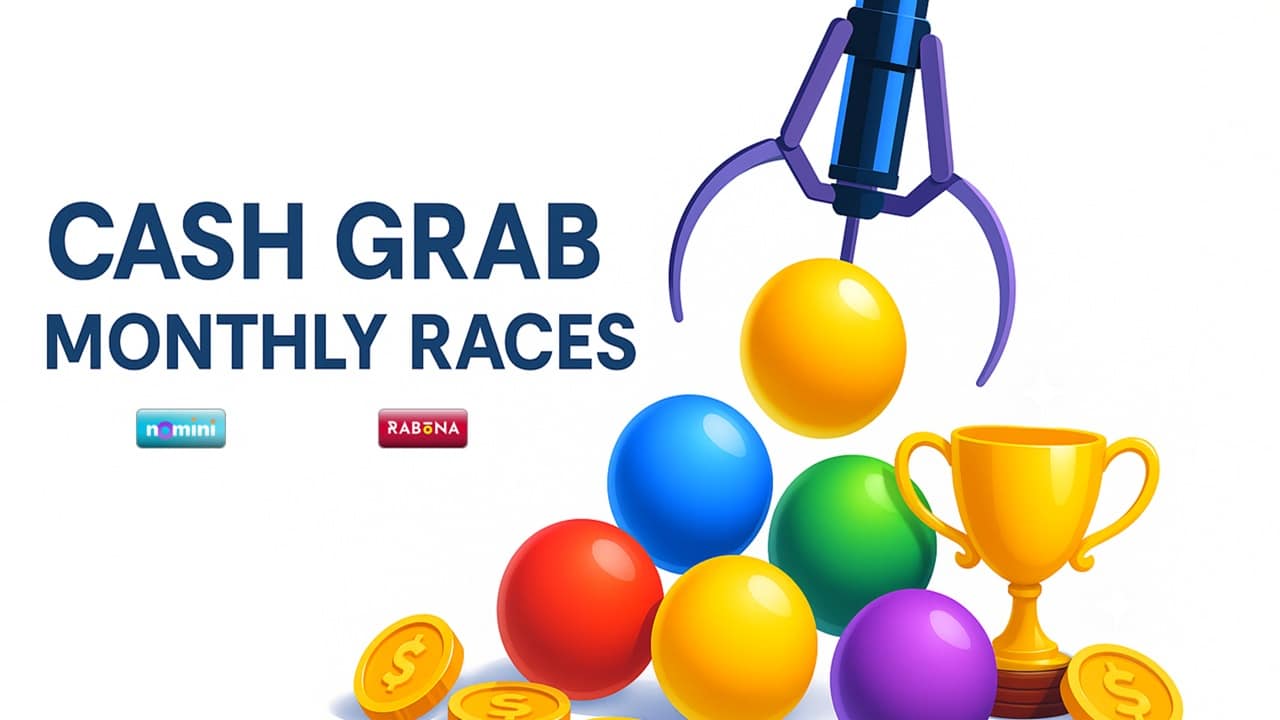
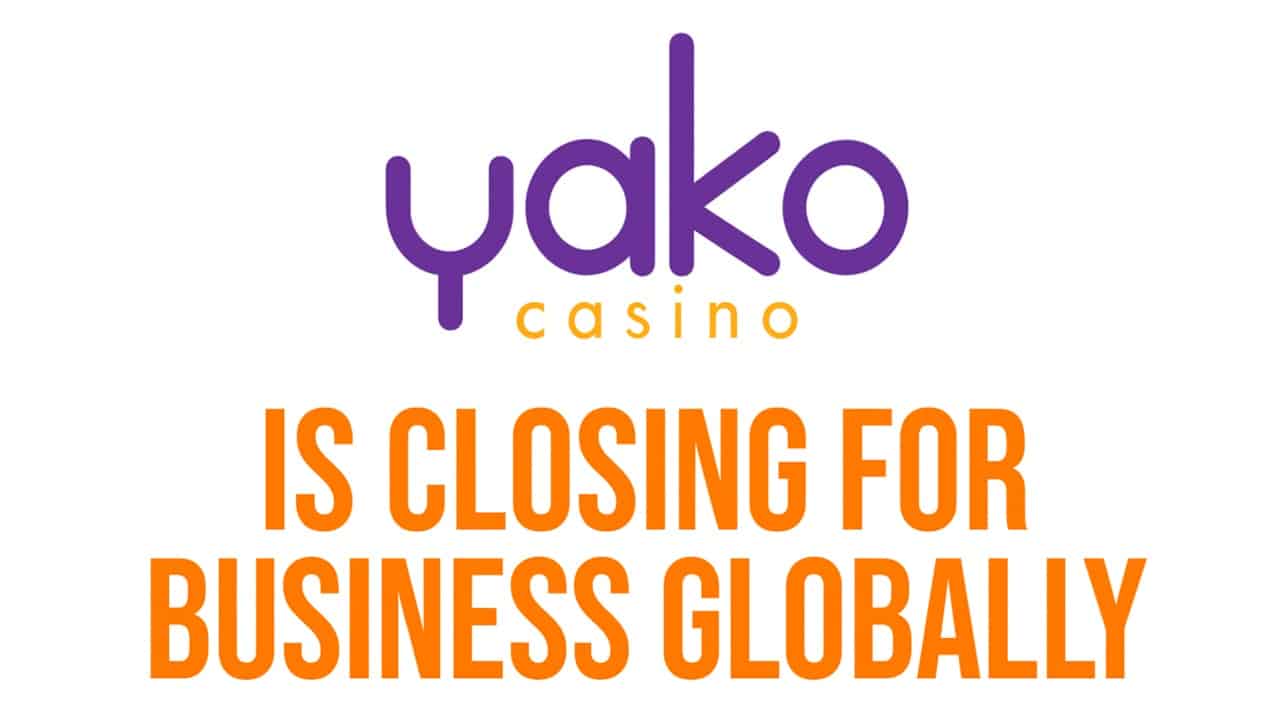
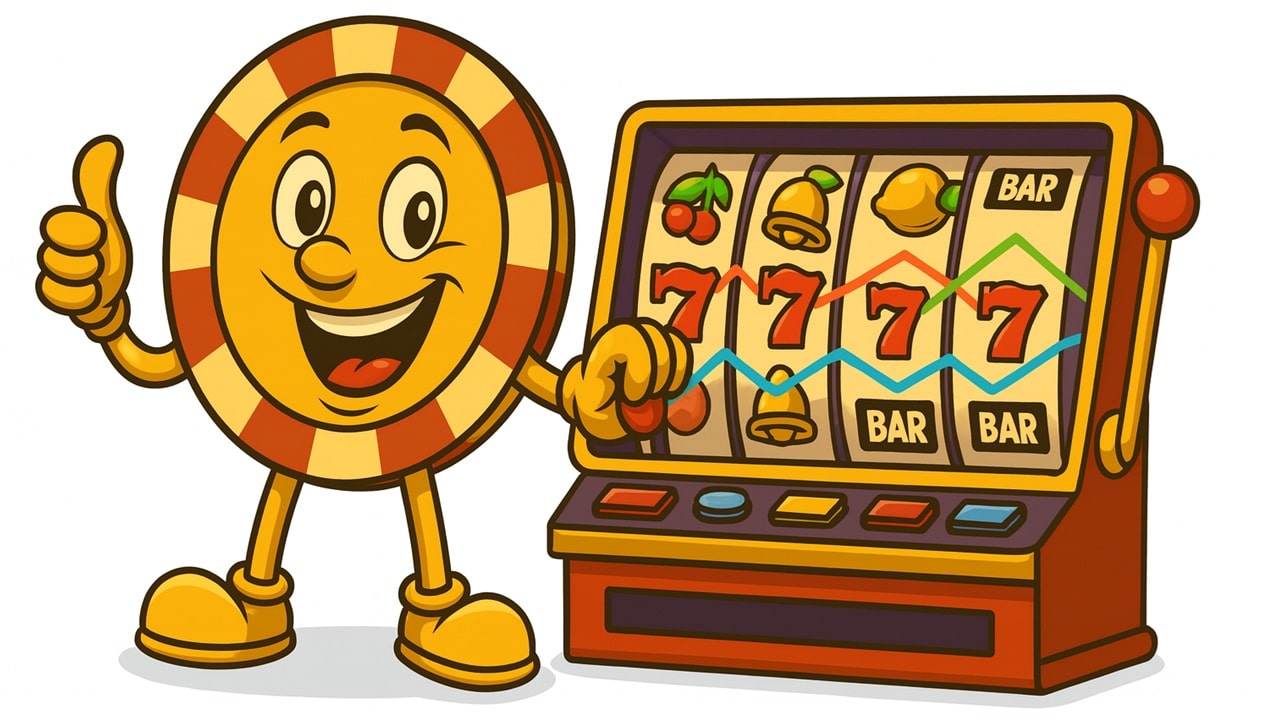



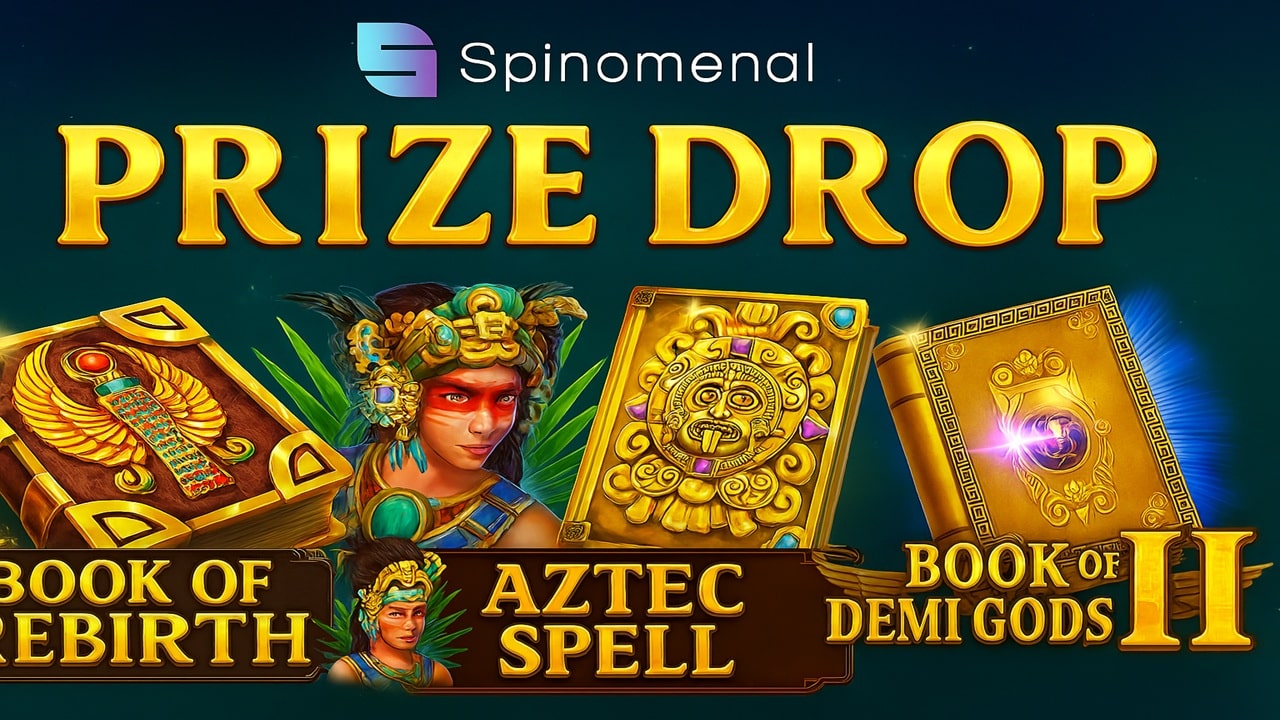
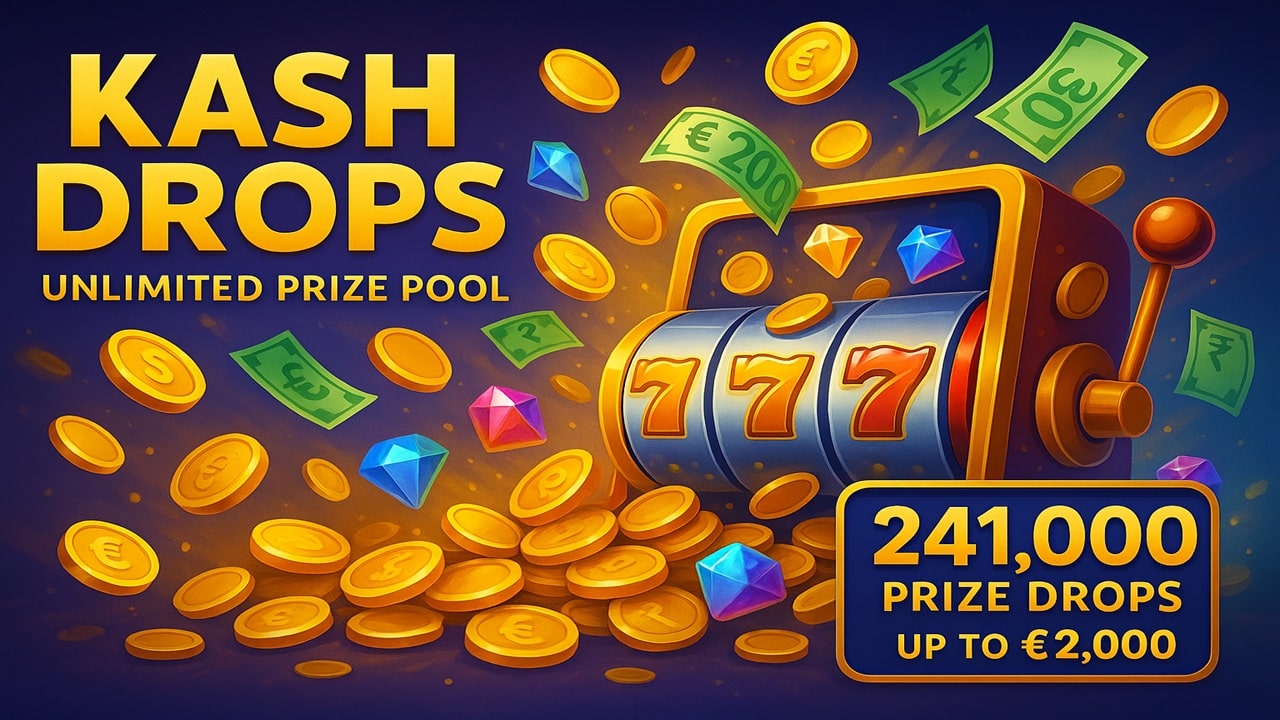
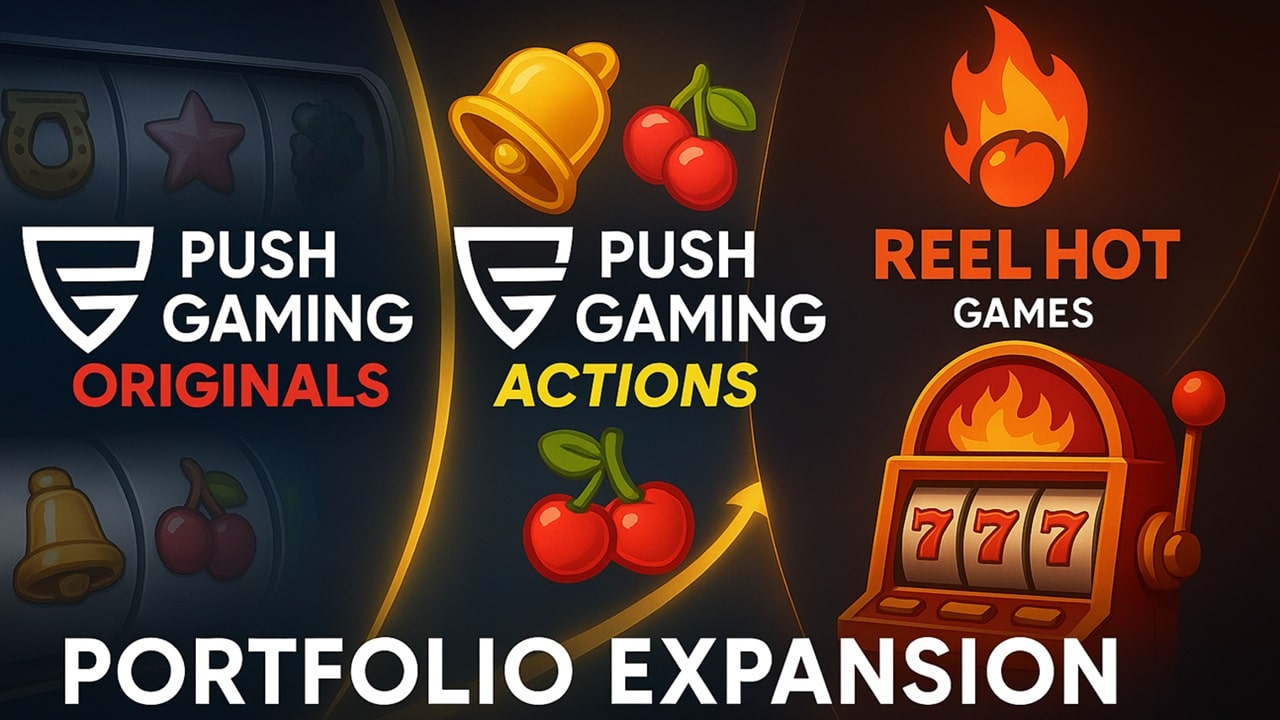
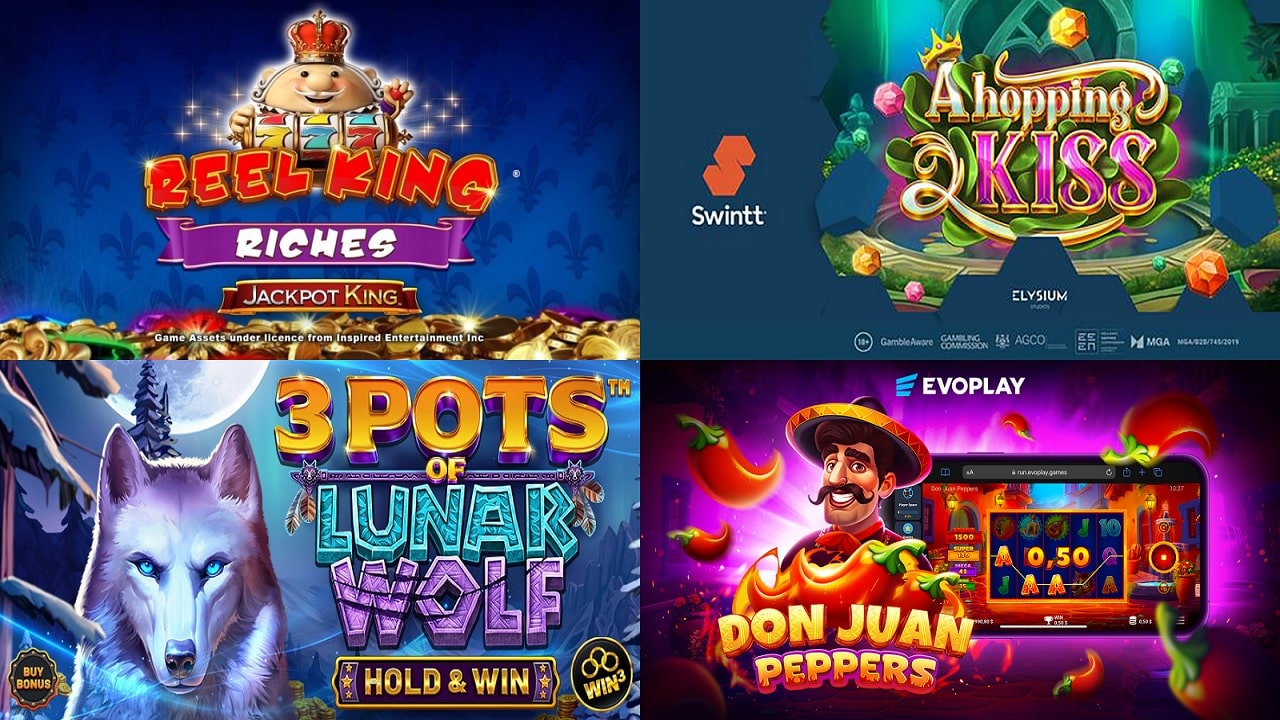
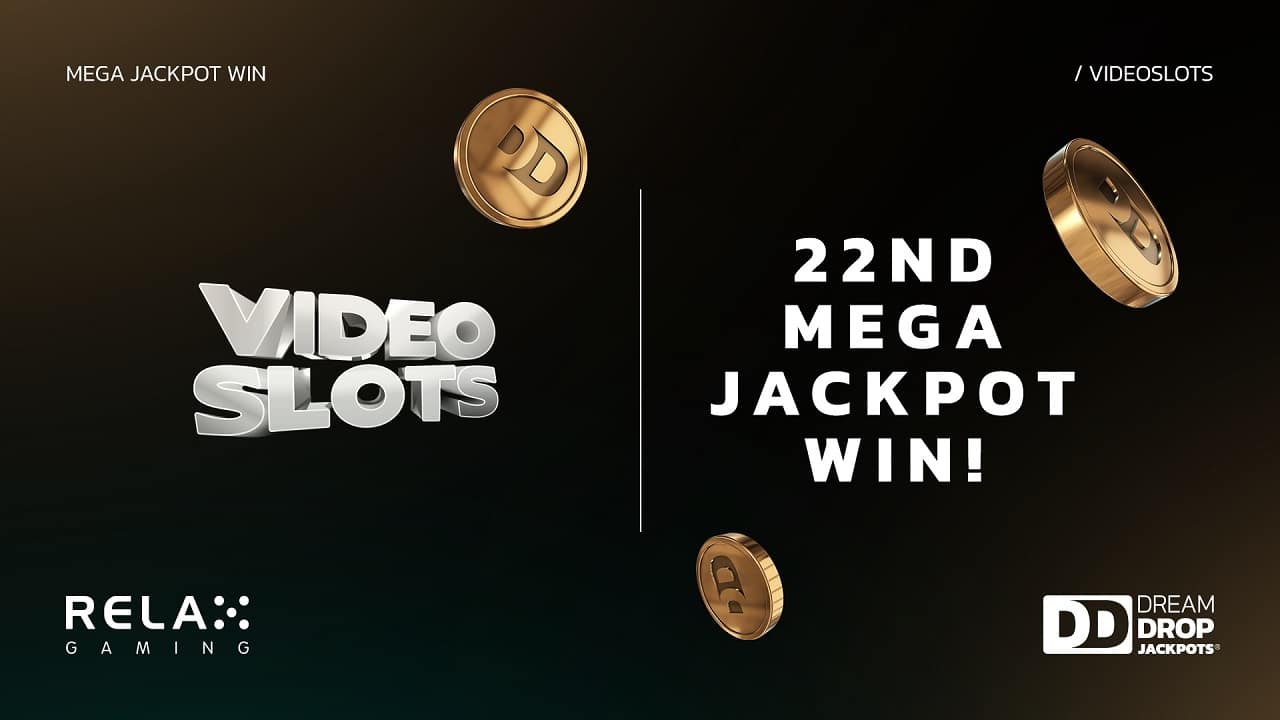
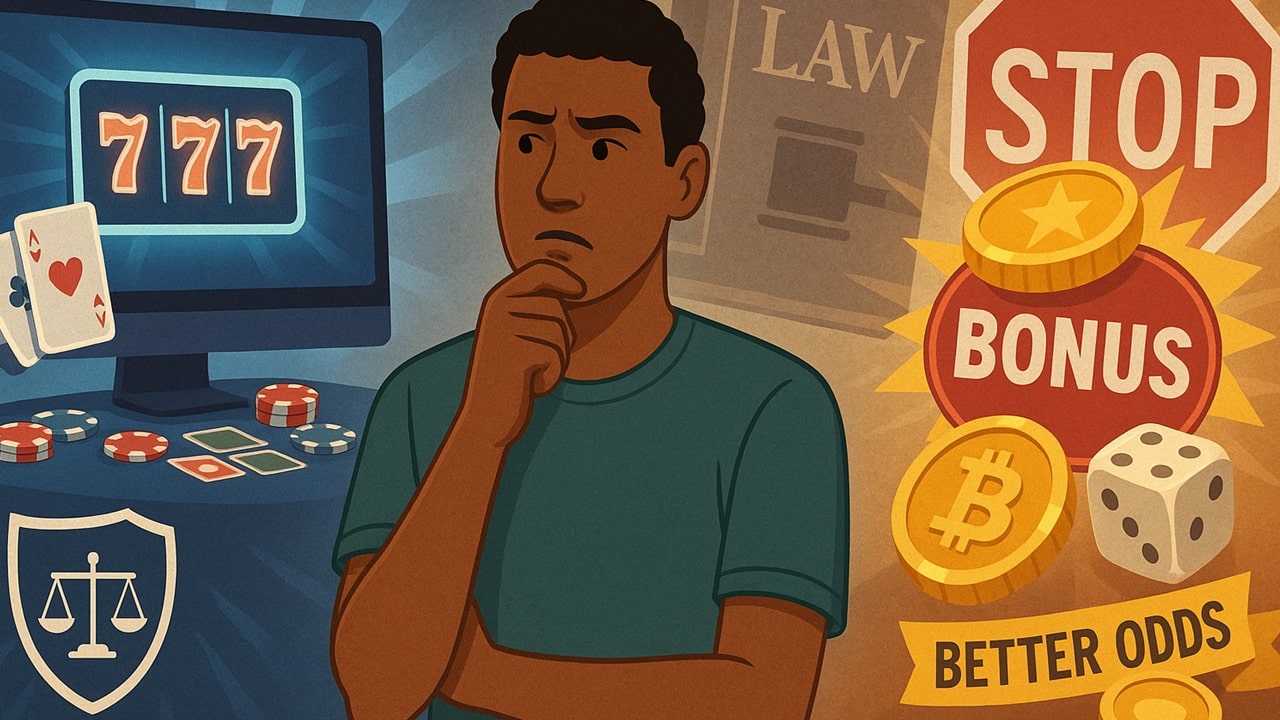
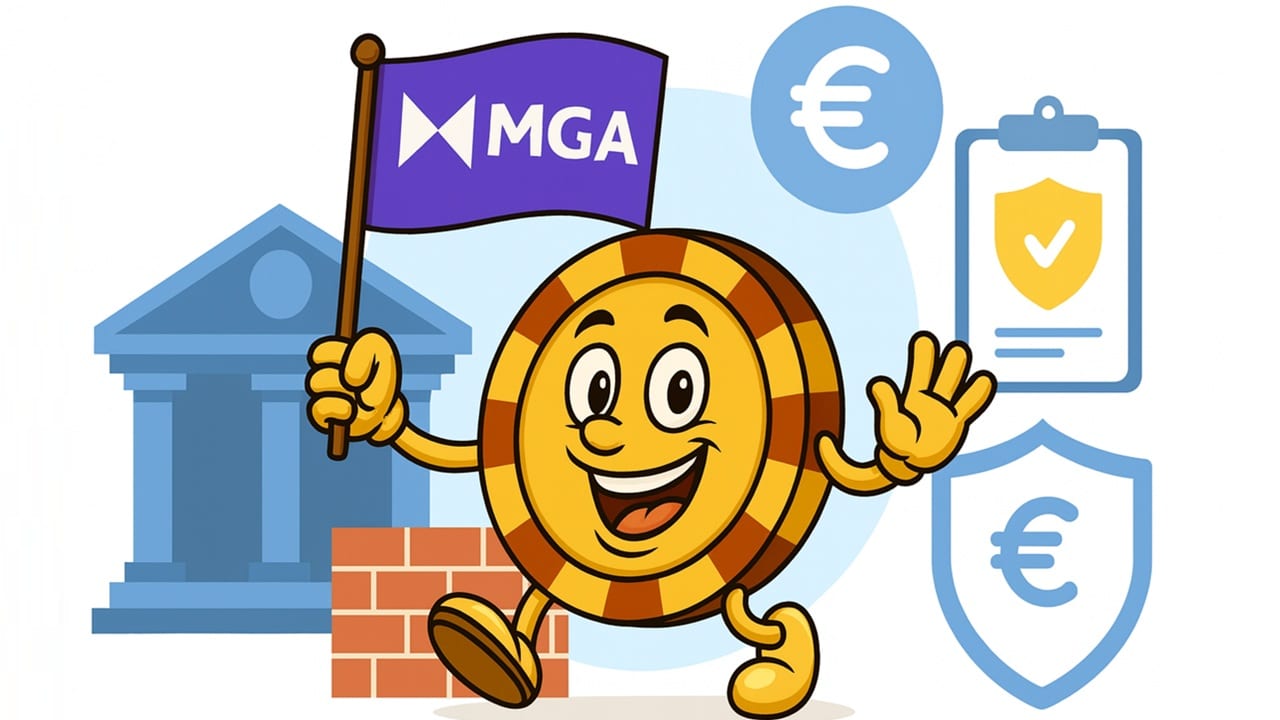
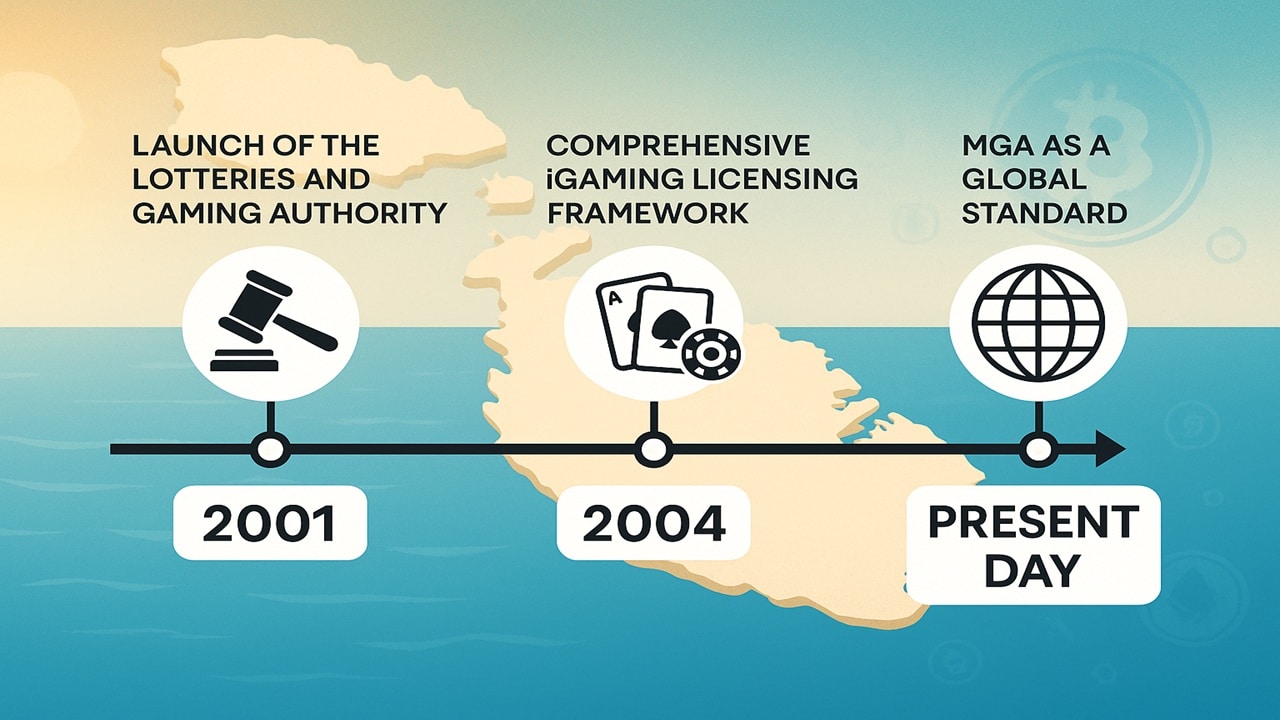
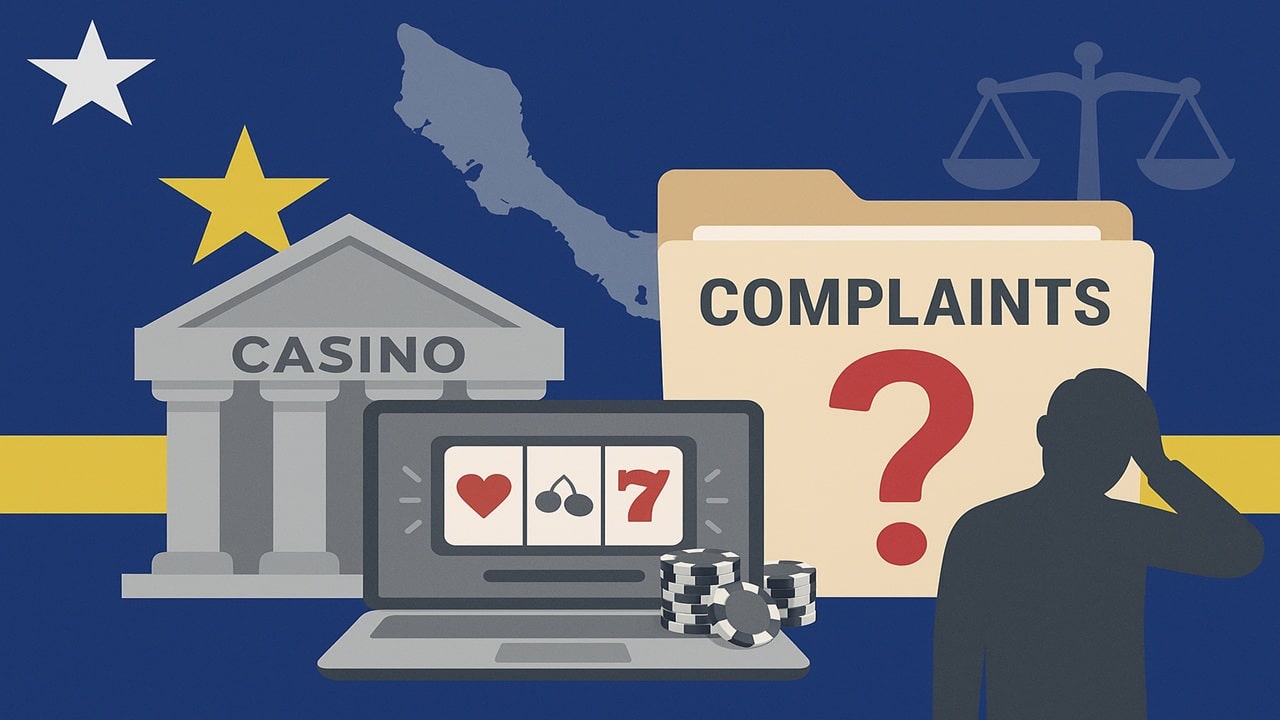
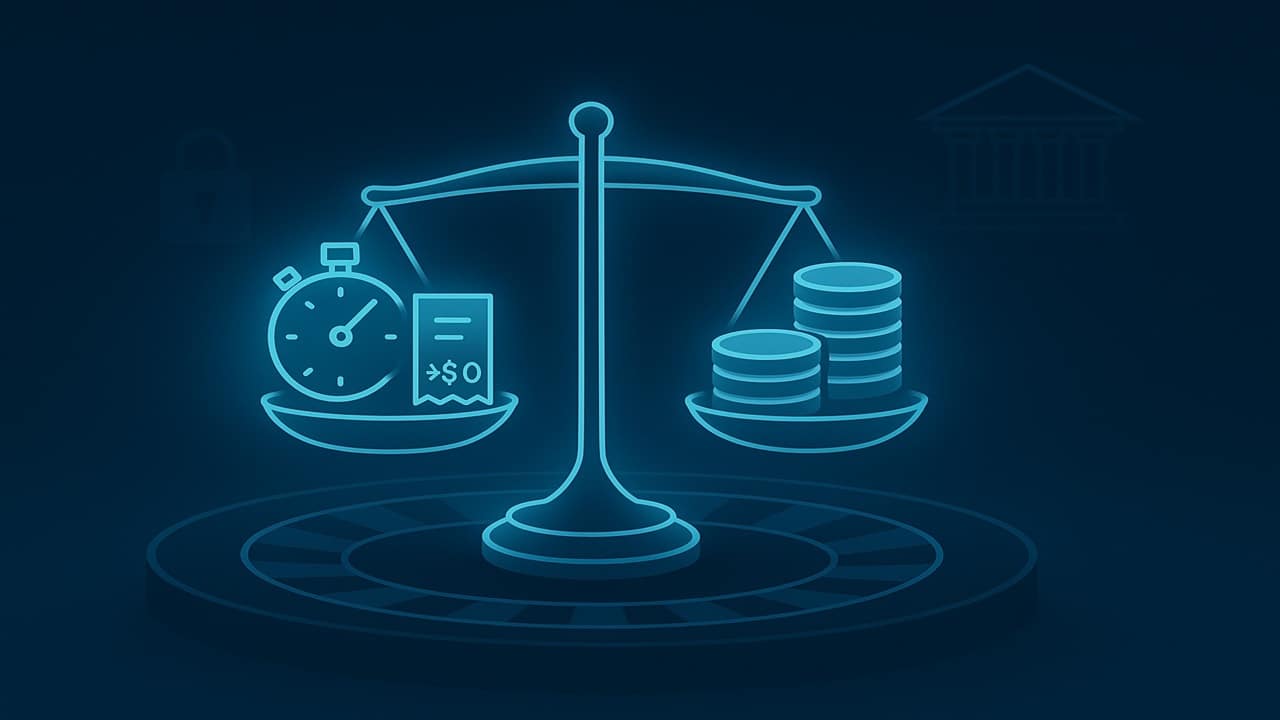
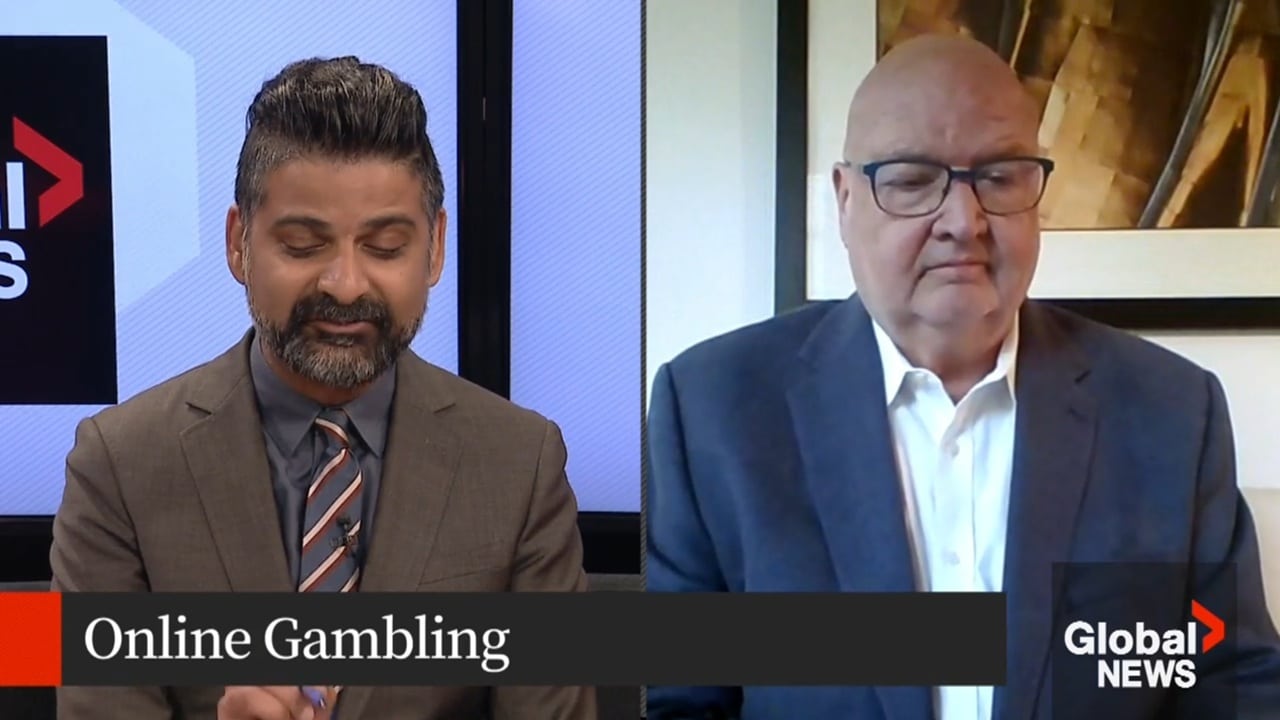

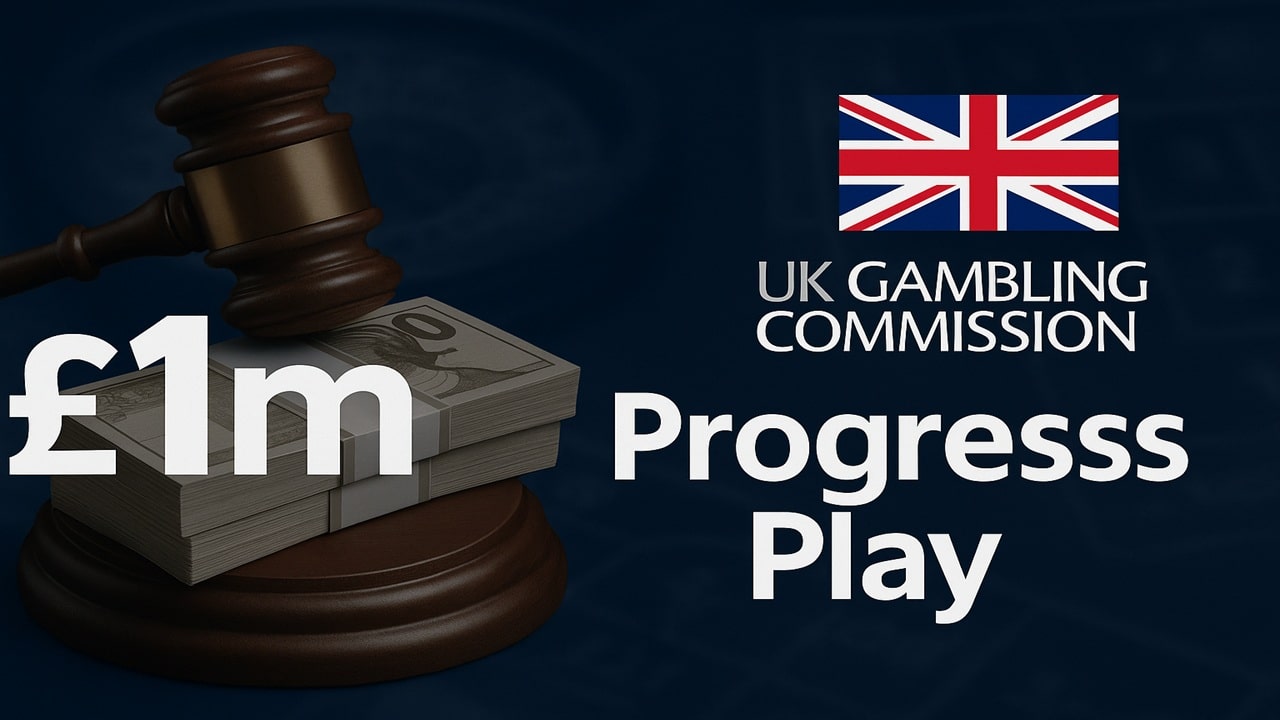
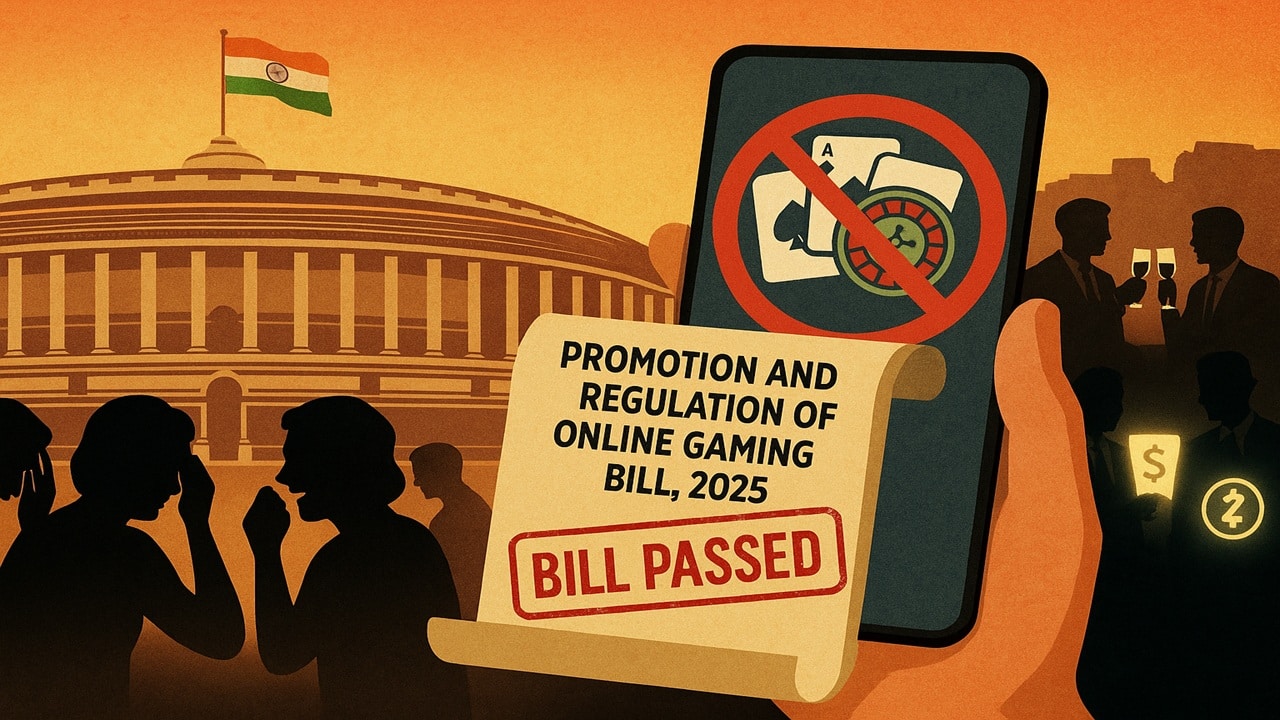
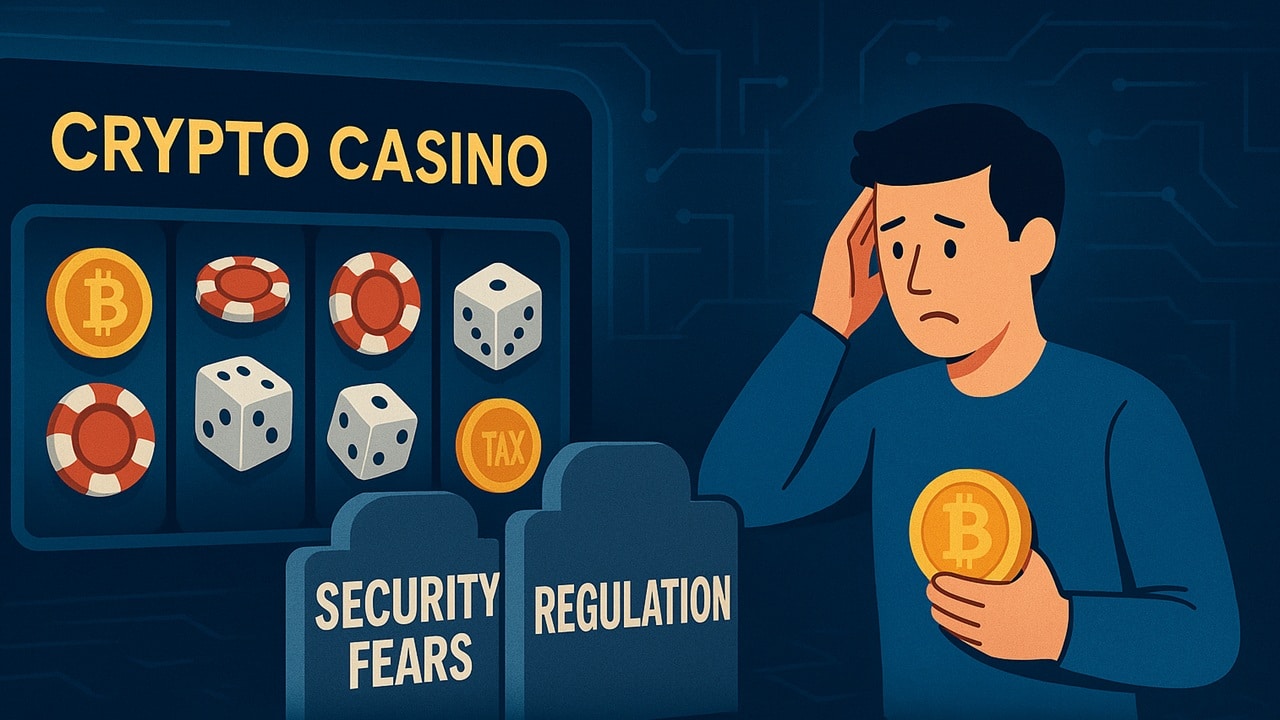

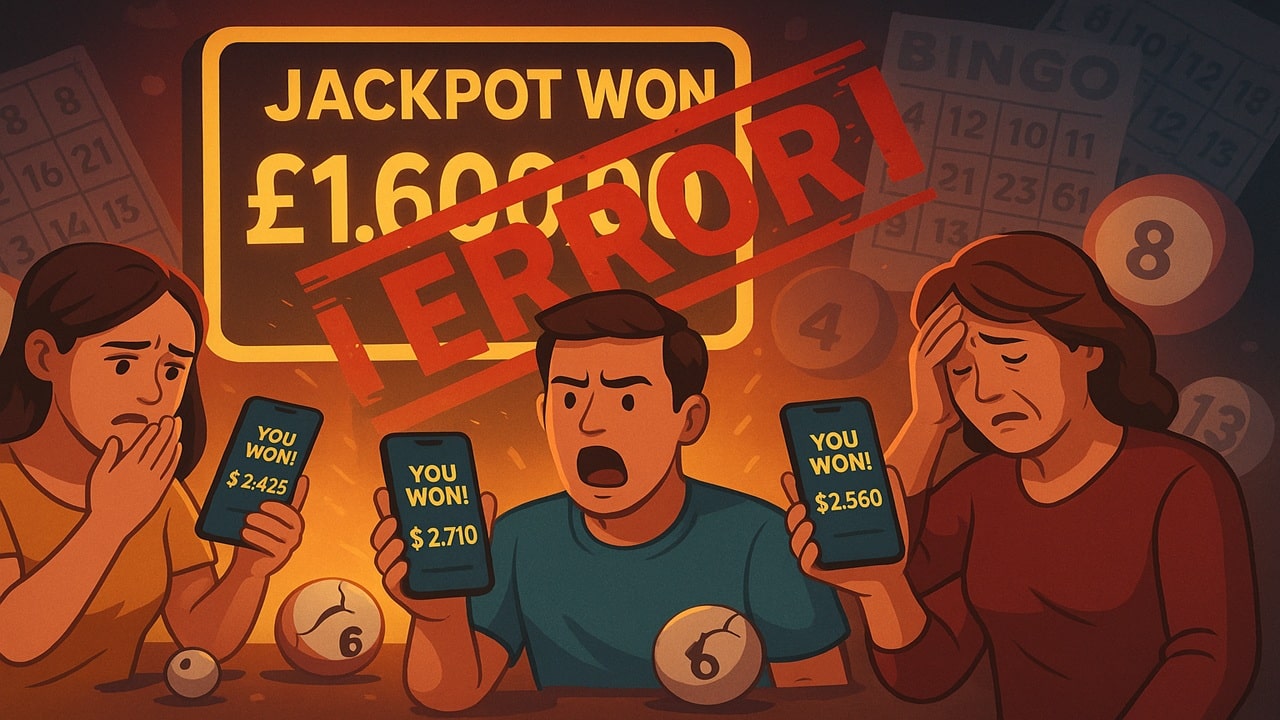
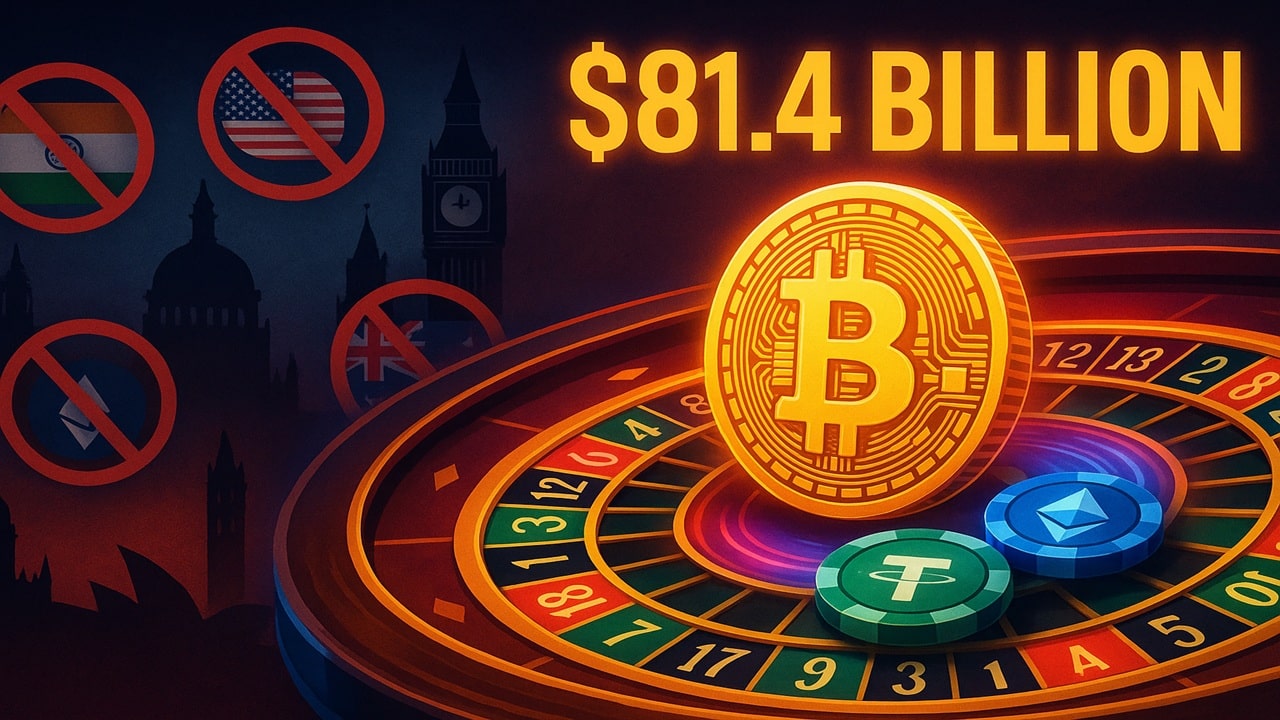
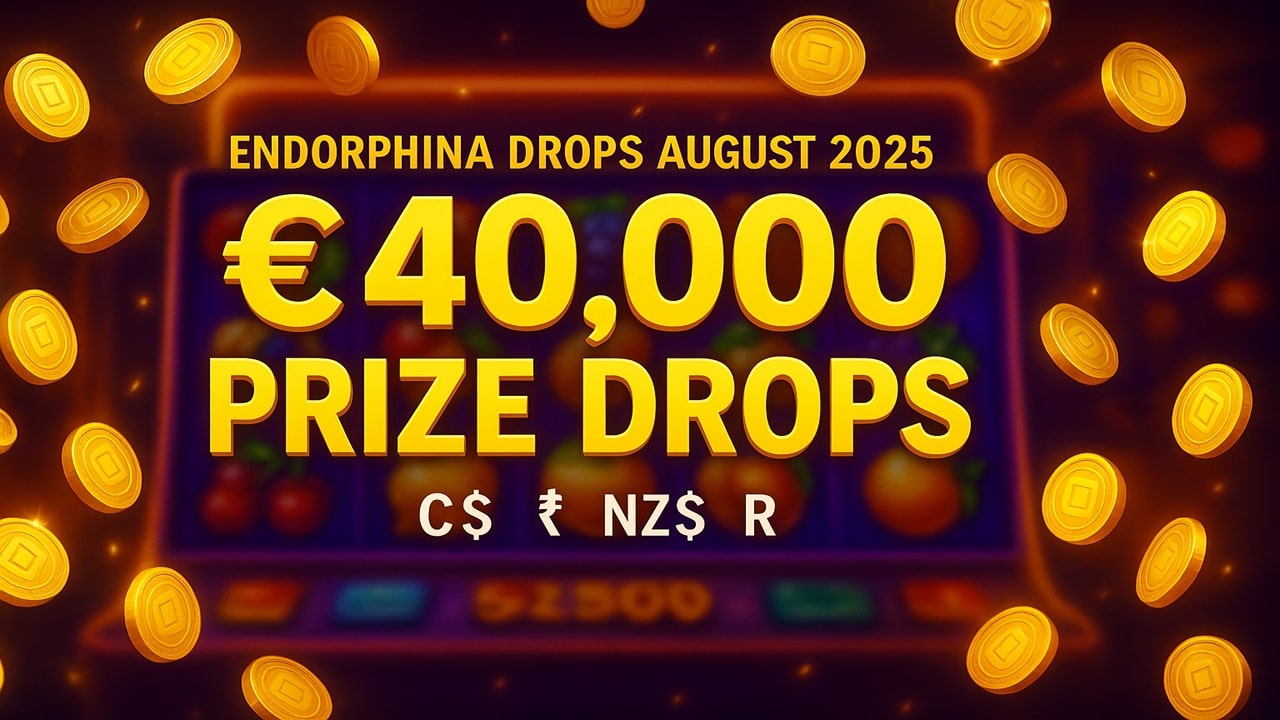
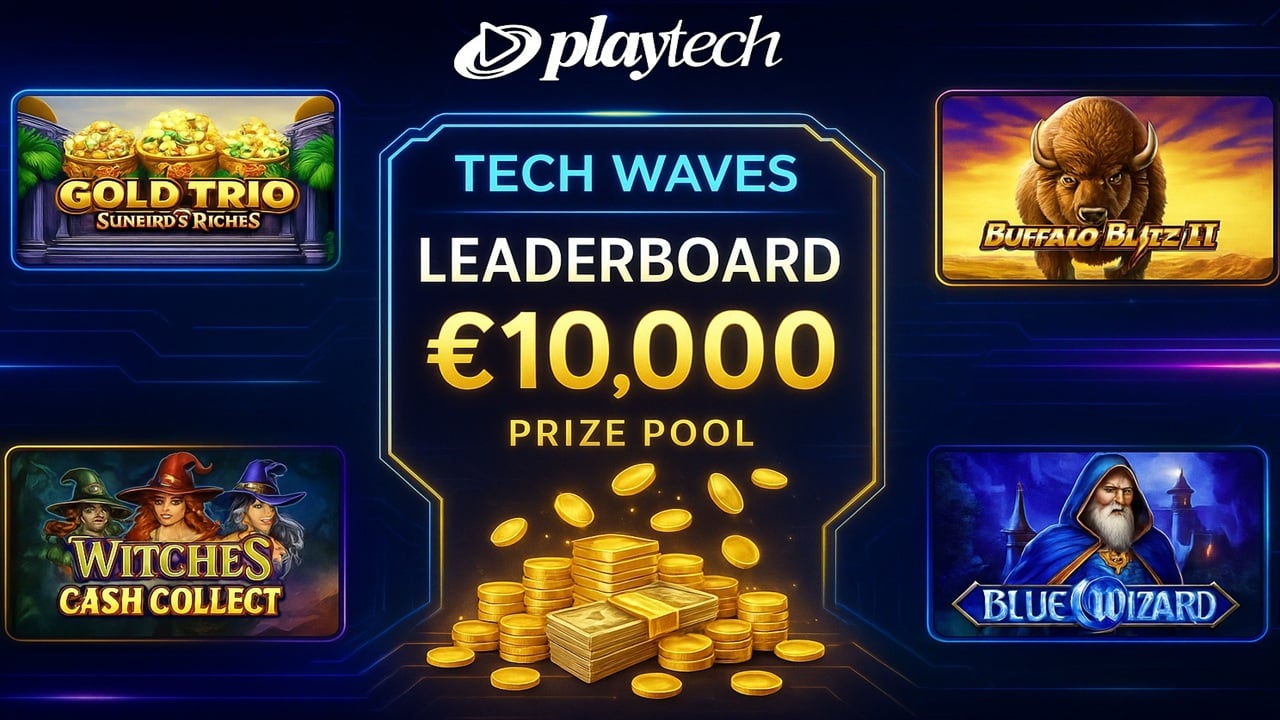
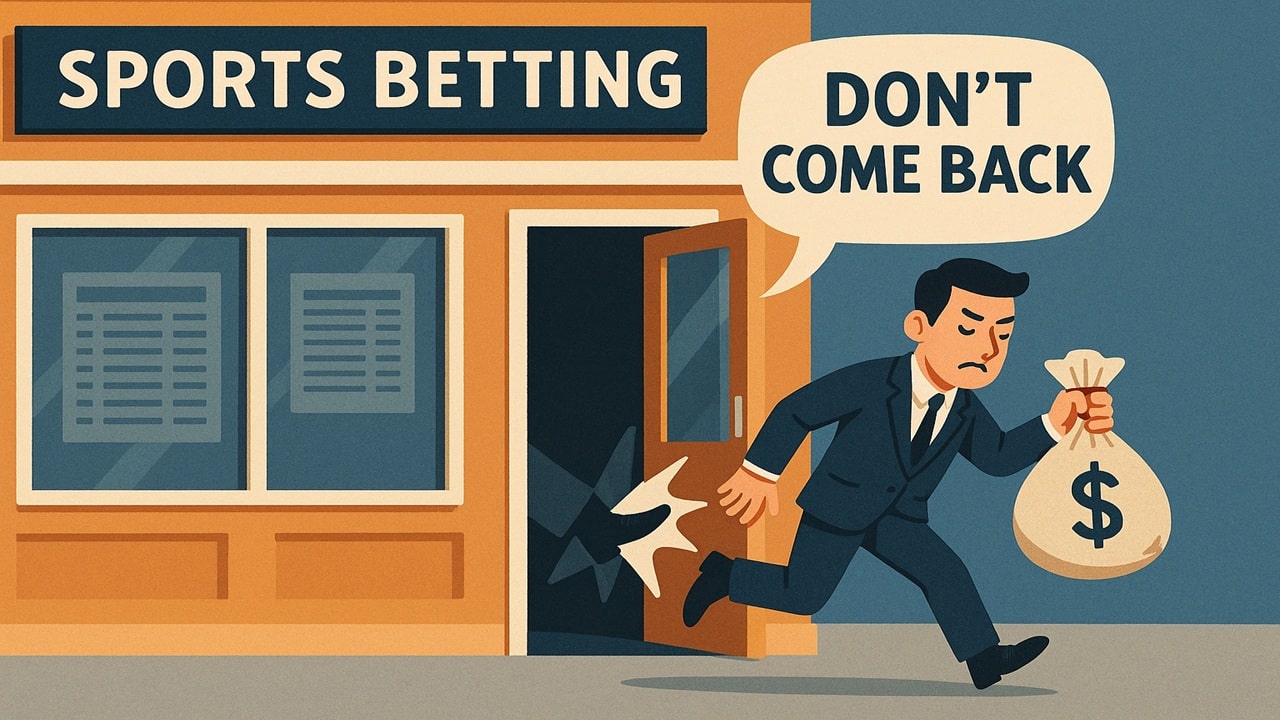


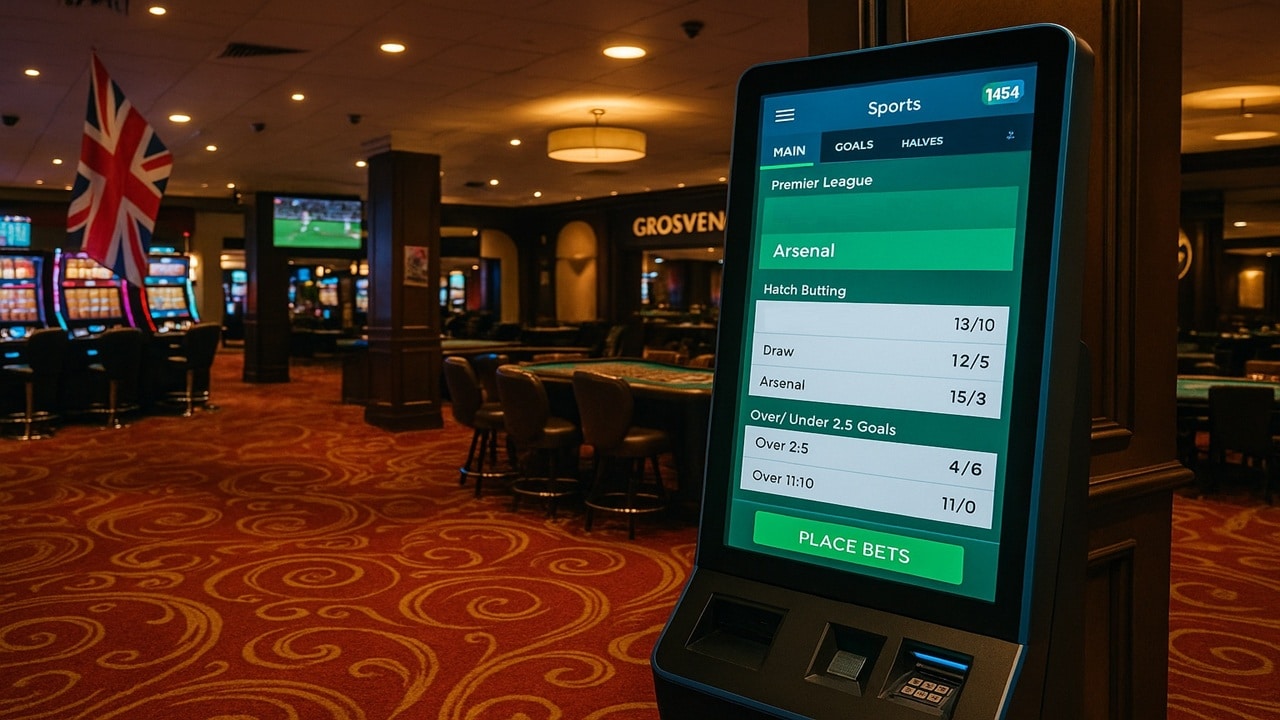
Leave A Comment